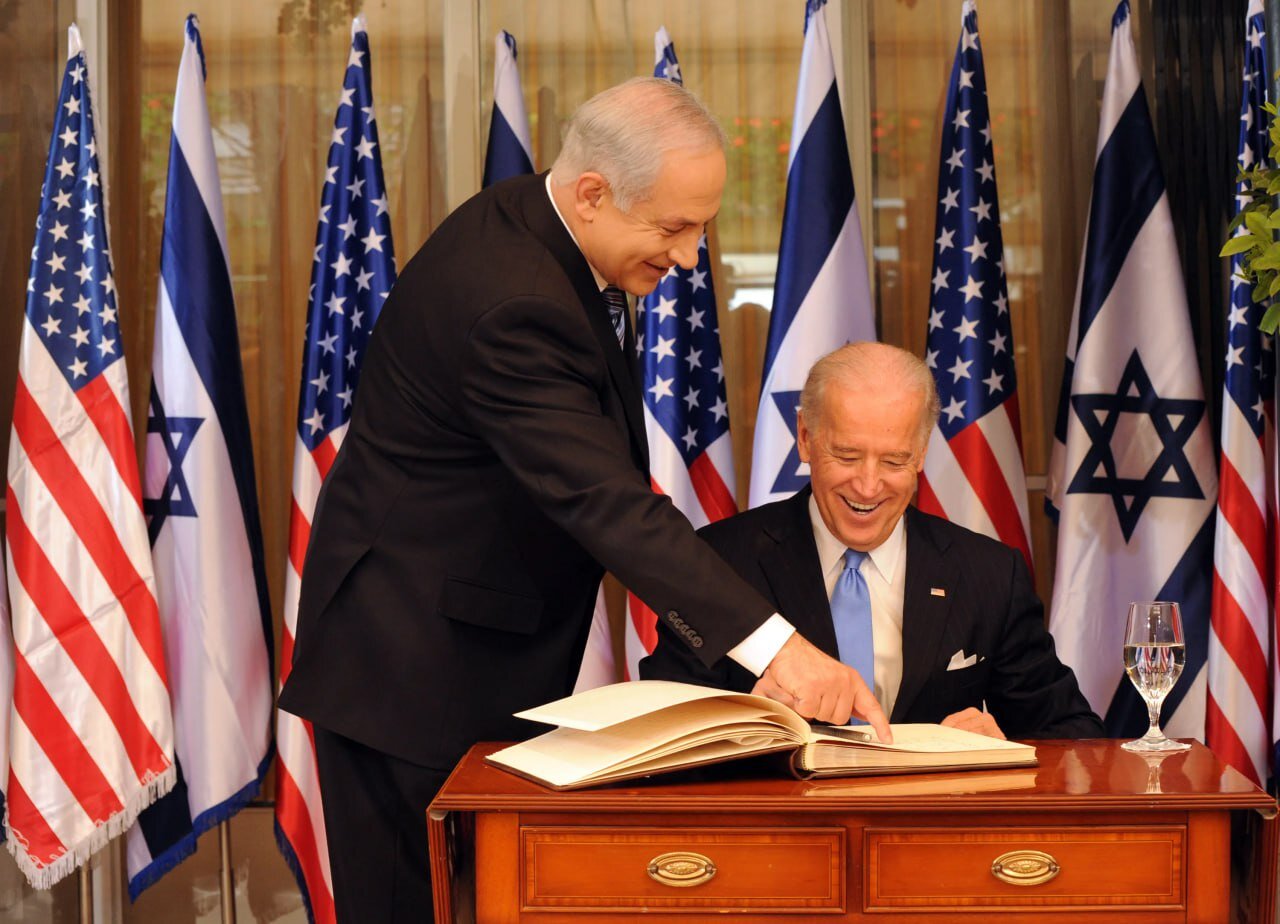Diplomatic sabotage
Israel steps up efforts to derail diplomacy with Iran

TEHRAN – Israel seems to have gotten a whiff of reported diplomatic engagement between Iran and the U.S. And it is apparently trying to prevent that engagement from coming to fruition.
While Iranian and U.S. officials both have rejected media reports of an imminent nuclear deal, Israeli media outlets continue to give the impression that one is looming large.
Israeli newspaper Haaretz reported on Wednesday that Iran and the U.S. are inching toward a nuclear deal that would include U.S. easing sanctions on Iran and Iran curbing its nuclear activities.
“In an effort to reach an agreement on a nuclear deal, the contacts between the United States and Iran have made major progress in the past few days,” the newspaper alleged, adding, “Israeli defense officials say the talks are moving forward more rapidly than expected, with the possibility that the two sides will reach an agreement within weeks.”
The reports came against a backdrop of speculations in Western media about meetings between U.S. envoy for Iran Rob Malley and Saied Iravani, Iran’s ambassador to the United Nations.
Israeli Prime Minister Benjamin Netanyahu, who fiercely opposed the 2015 Iran nuclear deal, also implied that a deal might be in the making. In a phone call with U.S. Secretary of State Tony Blinken, Netanyahu said Israel will not be “obligated” to any arrangement with Iran.
Israeli officials appear to operating from the position that a return to the 2015 nuclear deal, officially known as the Joint Comprehensive Plan of Action (JCPOA), is a foregone conclusion. So, they are working the butts off to use distorted narratives and slanted reports to derail any possibility of diplomacy with Iran.
“Israel is concerned that it has lost the ability to impact understandings being formulated between the United States and Iran regarding Tehran’s nuclear program, as levers that were used in the past are no longer relevant,” Haaretz wrote.
American diplomatic journalist Laura Rozen wrote that Israeli media reporting on Iran is misleading and aims to damage U.S. diplomatic efforts with Iran. “There are reasons to think that the reports are misleading, and on the Israeli side, are meant to try to scuttle any far more limited understanding to head off a crisis in the absence of conditions for a major new diplomatic resolution on Iran,” Rozen wrote.
Citing her own sources, the journalist said Washington’s closest European partners in the JCPOA have not been briefed on the Israeli-rumored U.S. Iran contacts.
“For Biden administration officials, the leaking, and spinning, by Israeli officials, has got to be a source of extreme irritation. All the more so because they seem to distort and weaponize information the U.S. has briefed to the Israelis, to keep them in the loop and try to reassure them of the seemingly quite limited nature of the effort being pursued,” she added.
The Israeli hype over the rumored deal comes at a time when both Iran and the U.S. are saying in no uncertain terms that no such deal is under discussion.
Iran’s mission to the United Nations denied reports that Tehran and Washington are concluding an interim agreement under which Iran would curb its nuclear program in return for sanctions relief, according to Tasnim.
Iran's UN mission made the remarks on Thursday after the London-based Middle East Eye (MEE) news and analysis website claimed that the countries were close to clinching such a deal amid the stagnation of talks on the revival of the JCPOA.
"There is no interim deal [meant] to replace the JCPOA," said the Iranian mission to the United Nations, adding that no such agreement is on the agenda, Press TV reported.
Also on Thursday, a White House National Security Council spokesman similarly rejected the MEE report, calling it false and misleading.
As things stand, Israel’s “leaks” are another diplomatic act of sabotage that is aimed at keeping the atmosphere highly charged. Israel has been a major force behind the destruction of the JCPOA and it’s now working to not only prevent the revival of this deal but also hinder any possibility of diplomacy with Iran.
Leave a Comment